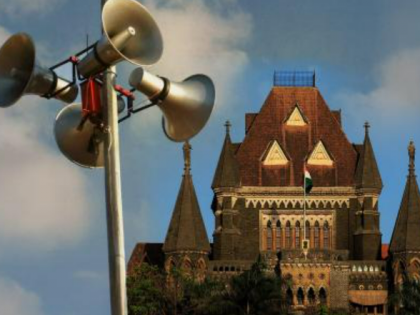Mumbai Noise Pollution: Bombay High Court Rules Loudspeakers Not Essential for Religious Practices
By Lokmat English Desk | Updated: January 24, 2025 13:54 IST2025-01-24T13:54:31+5:302025-01-24T13:54:56+5:30
The Bombay High Court has ruled that the use of loudspeakers for prayers or religious discourses is not an ...

Mumbai Noise Pollution: Bombay High Court Rules Loudspeakers Not Essential for Religious Practices
The Bombay High Court has ruled that the use of loudspeakers for prayers or religious discourses is not an essential aspect of any religion. In light of this, the court directed the Mumbai Police to enforce noise pollution regulations strictly and ensure that no religious place causes noise pollution.
Residents of Kurla and Chunabhatti had repeatedly raised concerns with the police regarding pollution caused by potholes at mosques and madrasas in their neighborhoods. After the authorities failed to take action, the residents filed a petition in the Bombay High Court. During the hearing on Thursday, a bench led by Justices Ajay Gadkari and Shyam Chandak issued the order.
Also Read| Mumbai Crime: Autorickshaw Driver Arrested for Allegedly Raping 20-Year-Old Woman in Goregaon.
The court stated that the Mumbai Police holds the authority to take action against those responsible for noise pollution. Following complaints from locals, the police are required to establish guidelines on how they will respond. The court further directed that the identity of the complainant must be kept confidential. A notice should be issued to the religious place in question, and if a complaint is received again, a fine should be imposed. In the case of a third complaint, the loudspeaker should be confiscated.
The court said that it is the police's duty to enforce all measures outlined in the relevant provisions of the Act. In a democratic country, no individual, group, or organization can claim exemption from following the laws, and law enforcement must take a firm stand. According to the law, violators will face a fine of Rs 5,000 for a single violation, while habitual offenders will be required to pay a fine of Rs 18,25,000.